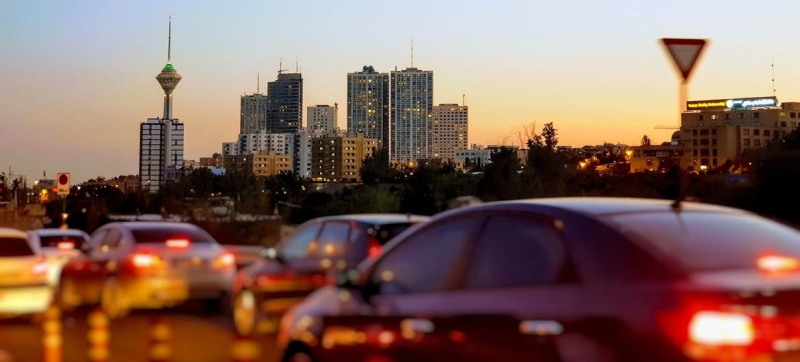
Tehran, the capital of Iran. UN experts alarmed by spike in executions in Iran Human Rights
Independent UN human rights experts have expressed alarm over a sharp increase in executions in August 2024 in Iran and called on the country’s authorities to immediately stop executions.
At least 81 people were executed in August, up from 45 reported in July, according to information obtained by the experts. The number of executions has already exceeded 400 this year, including 15 women.
However, the Islamic Republic of Iran officially reported only a fraction of the 93 executions in August, according to the experts, highlighting the urgent need for greater transparency.
Drug-Related Crimes
Nearly half of the executions (41) were for drug-related crimes. The International Covenant on Civil and Political Rights, to which Iran is a party, limits the death penalty to the “most serious crimes,” namely intentional murder.
“Executions for drug-related crimes violate international legal standards,” experts said.
Iran has seen a rise in drug-related executions since 2021, with more than 400 executions carried out in 2023 alone. This comes despite amendments to the Anti-Narcotics Law that were aimed at limiting the use of the death penalty for such crimes.
Rights Violations
“Countries that retain the death penalty must ensure that people are not subjected to torture or cruel, inhuman or degrading treatment or punishment throughout the criminal justice process,” the statement said. “Their right to a fair trial and equality before the law and the courts must be respected in all criminal proceedings.”
Based on the reports received, the experts concluded that due process guarantees were not observed in the trials of those executed, including for murder.
Reza Rasai, a Kurdish protester, was executed in prison on August 6 based on a confession, reportedly extracted under torture, to the murder of a member of the Islamic Revolutionary Guard Corps. The Supreme Court upheld his death sentence despite co-defendants recanting their testimony implicating Rasai in the murder and despite a forensic expert testifying against the defendant’s involvement in the murder.
Read also:
UN human rights activists accuse Iranian authorities of repression against minorities
According to the experts, the death penalty as currently practiced in the Islamic Republic of Iran amounts to an illegal execution.
International Standards
Today, many people still face the death penalty for a range of crimes, such as waging war against God and apostasy. These do not and cannot qualify as “most serious crimes” under the ICCPR. Vague charges have been repeatedly leveled against dissidents in clear violation of international legal standards.
UN rights groups said they had information about people wrongly sentenced to death for security offences, including two women, Sharif Mohammadi and Pakhshan Azizi, and four men, Mahmoud Mehrabi, Abbas Deris, Ahmadreza Jalali and Jamshid Sharmahd.
The use of the death penalty in the Islamic Republic of Iran raises grave concerns that innocent people may have been executed, experts said.
“We reiterate our call on the Iranian authorities to stop executions,” the group said. they.
Special Rapporteurs and Working Groups are part of what is known as the Special Procedures of the Human Rights Council. Special Procedures experts work on a voluntary basis; they are not UN staff and do not receive a salary for their work. They are independent from any government or organization and serve in their individual capacity.
